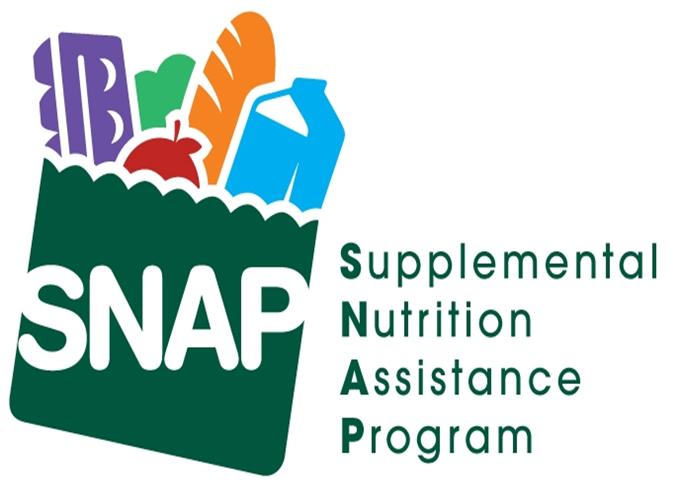It is tough to survive financially when you are making little money and food is expensive. Millions of people use the federal Supplemental Nutrition Assistance Program, or SNAP, to make sure they have enough to eat.
One important fact that causes a lot of debate and some anger is that the program was not meant to serve as a family’s entire food budget, yet many SNAP recipients use only their SNAP benefits for food. The first word summarizes the program: supplemental. That means it is meant to fill in the gap between the amount of money that the recipient can afford to spend on food and how much they should spend to be able to eat nutritiously. There is much debate about the amount that is given to recipients and every year there are “SNAP Challenges” in which politicians and celebrities attempt to survive for one week with the amount that a single person on SNAP would receive.
The process of applying for SNAP in the District is simple. You can visit the Department of Human Services at 64 New York Avenue NE on the sixth-floor Monday to Friday from 8:15 a.m. to 4:45 p.m. Their phone number is (202) 671-4200 and they also have a downloadable form that can be used for SNAP, Temporary Assistance for Needy Families and Medicaid (https://dhs.dc.gov/node/117542). You can either fill it out electronically or print it and bring it to one of five Economic Service Administration service centers located in the District. They are at 1207 Taylor Street NW, 609 H Street NE, 2100 Martin Luther King Jr Ave SE, in Fort Davis at 3851 Alabama Drive SE, and in Congress Heights at 4001 South Capitol Street.
The District is much less strict than most states in terms of qualification requirements and the amount distributed. They will require you to provide proof of your income, assets residence in the District, rent or mortgage and your utility bills if they are not included in your housing costs.
As of Oct. 2015, the maximum amount a single person in the District could qualify for was $194. Two people would receive $357 and a family of four $649. Under certain conditions, a single person can earn up to $1,962 per month and still qualify.
The key to making food stamps work is to change the way you shop. One important habit to get into if you use SNAP (and it will also work well if you don’t get assistance) is to shop weekly. Many SNAP recipients buy almost all their food at the beginning of the month. One problem is that if you shop that way, you could miss out on the opportunity to maximize your benefits by taking advantage of sales and promotions that the grocer may have.
There are some restrictions with food stamps. You can’t use them to purchase non-food items and you also are restricted from using them for buying heated items.
Another way to make your food stamps go farther is to focus on foods that can be bought in bulk and that you can get many meals from, such as pasta. Getting a two or three pound container of spaghetti and a jar of sauce could provide enough food for several days. There are also farmers markets that accept food stamps and that will especially be a big help in providing affordable fruits and vegetables. One problem is that there has been a tendency by many who receive benefits to purchase foods that don’t have the greatest nutritional value (though healthy foods are often more expensive). Lawmakers have proposed restrictions on the type of food that can be purchased with benefits in an effort to force SNAP recipients to eat healthier food.
As we move forward, please remember that if you find yourself struggling to afford food, there are places to turn to whether it is short term or if is a long term problem, which may make it necessary for you to apply for assistance. Don’t be afraid or feel ashamed to ask for help from the government so that you can be able to eat every day. The money that pays for the benefits is there to help those that are struggling and do not have the resources to be self-sufficient.
If you have any questions or comments about this column, please email [email protected].
Arthur Johnson is a volunteer writer with Street Sense.








